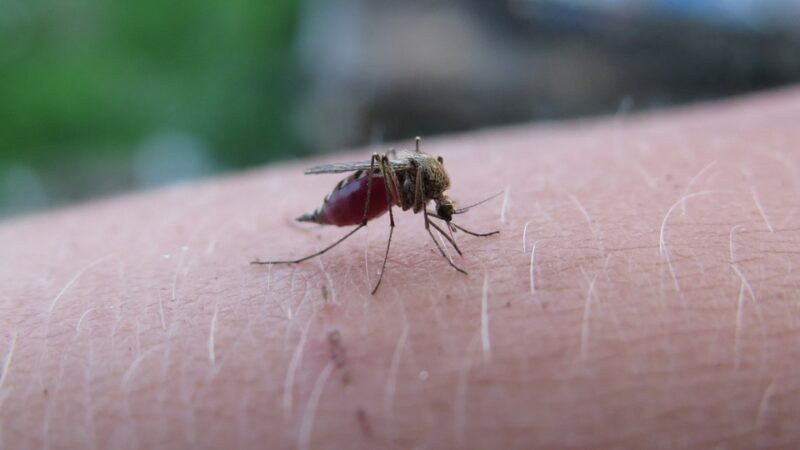The European Agency for Disease Control and Prevention on Friday warned tourists about the risks of travelling to areas with high rates of Zika infection, especially for pregnant women, after the first cases of the disease were discovered in Europe.
Between June and July, 19 imported cases of the Oropouche virus (OROV) – a zoonosis transmitted to humans by infected mosquitoes and flies – were reported in the European Union: 12 in Spain, five in Italy and two in Germany. The European Centre for Disease Prevention and Control warned that all cases were linked to recent travel to Cuba and Brazil.
The Oropouche virus can cause fever, headache, nausea, vomiting and muscle and joint pain, but is particularly dangerous for pregnant women – it can lead to miscarriages, developmental disorders and fetal malformations, the European Centre for Disease Prevention and Control stressed, adding that this is “still under investigation”.
Brazil’s Ministry of Health raised the alarm in July after four babies were born with microcephaly, a smaller-than-expected head circumference, to mothers infected with the virus.
The Zika virus, which is also transmitted by mosquitoes, is known to cause birth defects such as microcephaly. In 2015 and 2016, a major outbreak in Brazil recorded more than 3,500 cases of microcephaly in children, infecting an estimated 1.5 million people, Science reported.
There is no vaccine or medication to prevent or cure OROV. Although the disease is rarely fatal, the first two deaths from the virus were recently reported in Brazil, both in their 20s.
Since January, more than 8,000 cases have been reported in South America, Central America and the Caribbean, with outbreaks in Brazil, Bolivia, Colombia, Peru and Cuba.
The European Centre for Disease Prevention and Control (ECDC) stated that the risk of infection for European citizens when travelling to infected areas on the American continent is “assessed as moderate”. However, the likelihood of people in Europe becoming infected remains very low, as there are no mosquitoes or flies on the European continent that can transmit the virus and no cases of human-to-human transmission have been documented to date.

